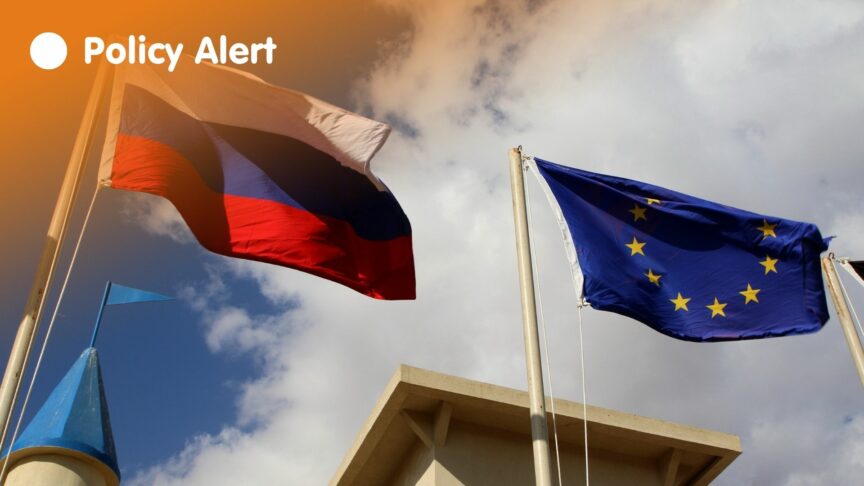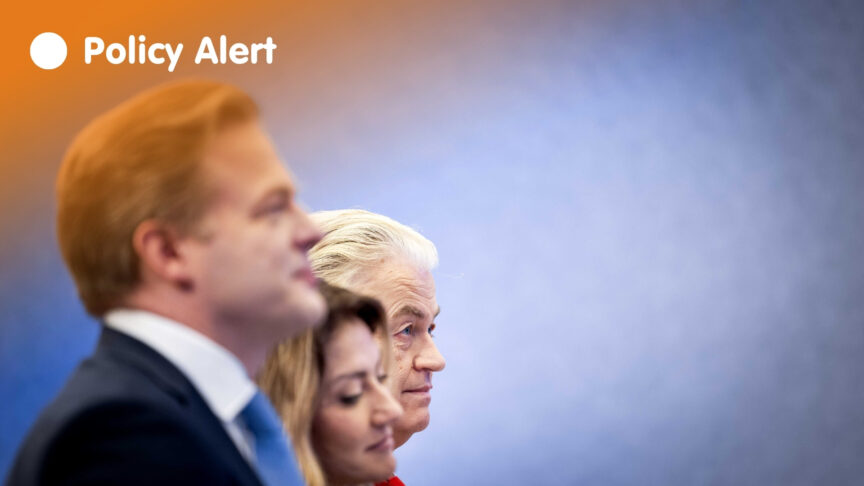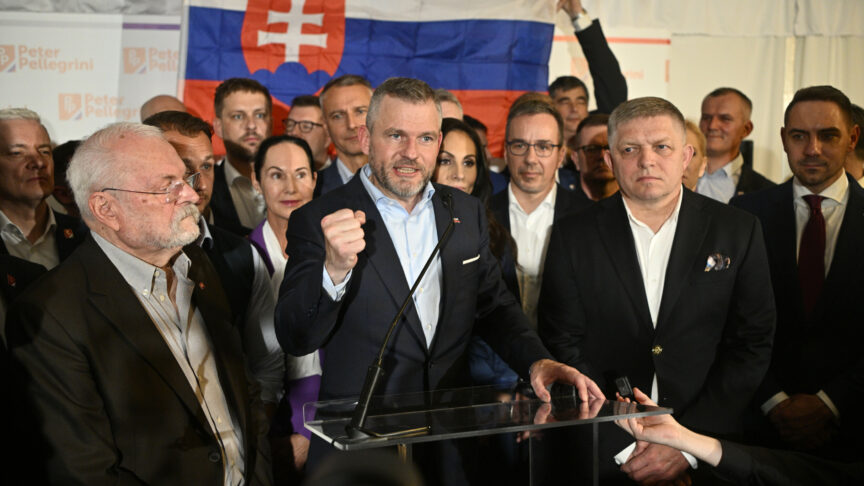The EU’s sanctions odyssey: Understanding the proposed restrictions on Russian LNG and helium
Disagreement over expanding the EU’s energy-related restrictions makes a ban on Russian LNG imports unlikely. At the same time, potential measures on helium suggest Europeans are keen to avoid becoming dependent on the growing Russian industry
On 8 May, EU ambassadors met to discuss options for the bloc’s 14th sanctions package against Russia, which the European Commission hopes can be adopted by July. The European Union’s most impactful measures are already in place, including a ban on Russian seaborne oil imports and restrictions on the export of high-tech goods to Russia. New sanctions can therefore only be limited in scope, focusing on finetuning existing measures or imposing minor ones. However, the adoption of these new measures will be an important test of the bloc’s unity vis-à-vis the Kremlin at a time when some member states, such as Hungary, are cosying up to Moscow. It will also test the EU’s commitment to impeding Russia’s war effort – possibly on its own if Donald Trump is re-elected as US president in November.
Not just hot air
On the energy front, the bloc is considering sanctions on Russia’s liquefied natural gas (LNG) sector. On paper, a full ban on Russian LNG imports would be significant: Russia supplies 16 per cent of the EU’s LNG imports, with Spain, France, and Belgium among the main buyers. In practice however, the impact on Moscow’s finances would be limited: at €8 billion last year, LNG exports to Europe account for only a fraction of Russia’s hydrocarbon revenues. A lack of consensus on this issue will probably lead the EU to prioritise unity over the robustness of sanctions. A ban on the re-export of Russian LNG shipments via Europe is the only option that all EU member states are likely to agree on, which would hit Moscow’s revenues by around €2 billion per year. Restrictions on the financing of Russian LNG projects are also on the table, but they are unlikely to have much of an impact – US sanctions have long targeted Russia’s plans to develop new energy fields and most European firms already comply with American measures.
Helium, a gas used in military, aerospace, and semiconductor manufacturing, is the second sector that the 14th sanctions package could target. An EU ban on the import of Russian helium is intriguing: Russia accounts for only 1 per cent of the bloc’s helium imports, suggesting that the measure would be mostly symbolic. Yet the bloc’s interest in helium is calculated: Gazprom, Russia’s state-owned energy giant, is building new helium plants in Siberia. These production lines will support Moscow’s plans to become the third largest helium manufacturer by 2025. With sanctions on Russian helium, the bloc would be playing the long game – taking a pre-emptive step to prevent any future dependence on Russian shipments.
Curbing Russia’s influence operations
Other potential measures include restrictions on Russia’s financing of EU political parties. Such sanctions would target far-right parties like Alternative for Germany or France’s National Rally. It is unclear how such a measure would work in practice, but it highlights growing concerns among some EU governments about Russian interference ahead of the European Parliament election. Sanctions on Russian-affiliated media, which represent a conduit for Moscow’s disinformation campaigns, could also form part of the 14th sanctions package. However, it is a safe bet that sanctioned Russian media outlets would soon be replaced by new ones. Sanctions are often a game of whack-a-mole, but they remain the best tool to curb Russia’s war effort.
The European Council on Foreign Relations does not take collective positions. ECFR publications only represent the views of their individual authors.



